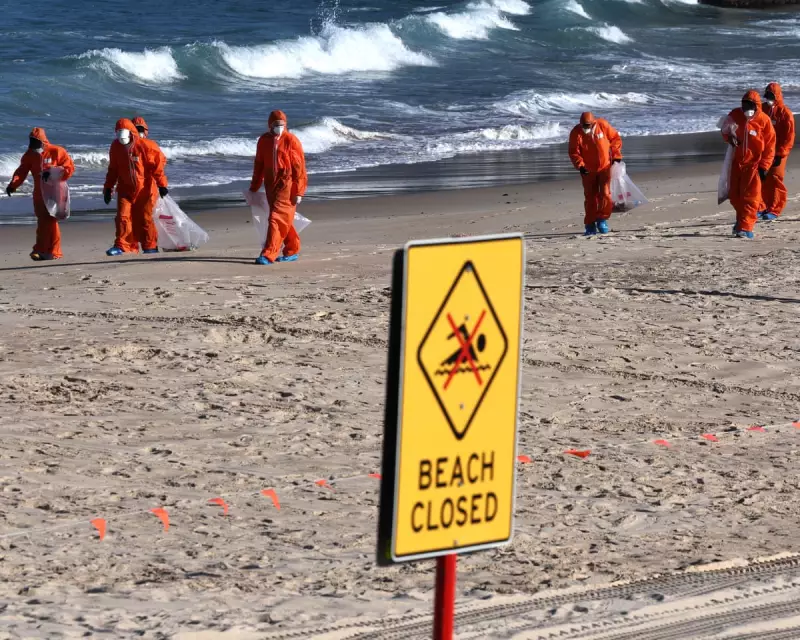
In a startling revelation that exposes the hidden consequences of urban waste management, a comprehensive report has identified the primary source of the monstrous fatbergs that forced the closure of several iconic Sydney beaches earlier this year.
The Unwelcome Discovery
The investigation, conducted by environmental authorities, traced the massive congealed masses of fat, oil, grease, and non-biodegradable items back to a concentrated network of food service establishments and residential areas in Sydney's eastern suburbs. These fatbergs, some weighing several tonnes, had been silently growing in the city's sewer system before breaking loose and wreaking havoc on coastal waters.
Anatomy of a Environmental Disaster
The report highlights several critical factors that contributed to the crisis:
- Improper disposal of cooking oils and fats from restaurants and food courts
- Flushing of wet wipes and sanitary products despite packaging warnings
- Aged sewer infrastructure struggling to handle increased urban density
- Inadequate pretreatment systems in commercial food establishments
Impact on Sydney's Coastal Paradise
The environmental consequences were severe, with popular beaches including Bondi, Coogee, and Bronte forced to close for extended periods during peak summer months. Water quality testing revealed dangerously high contamination levels, posing significant health risks to swimmers and marine ecosystems alike.
Systemic Solutions Proposed
The report calls for immediate action, recommending:
- Stricter enforcement of grease trap regulations for food businesses
- Public education campaigns about proper waste disposal
- Accelerated investment in sewer infrastructure upgrades
- Implementation of smart monitoring technology in vulnerable sewer sections
Environmental scientists warn that without decisive intervention, similar incidents could become more frequent, threatening both public health and Sydney's reputation as a world-class coastal destination.





